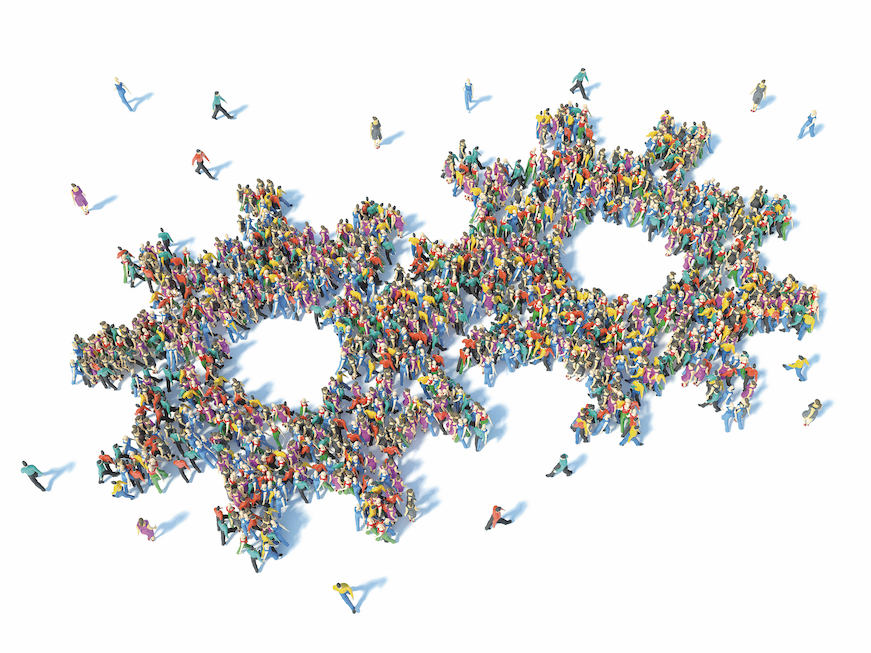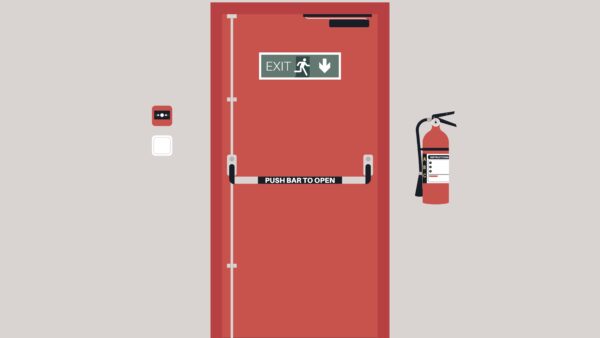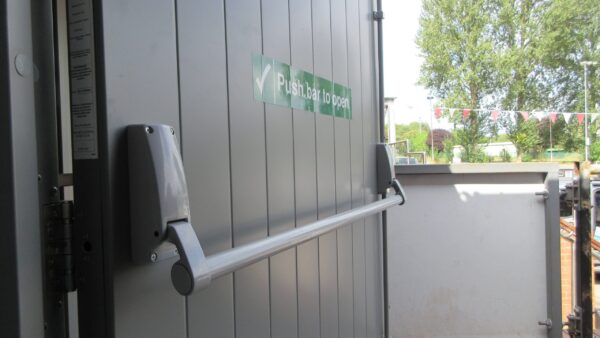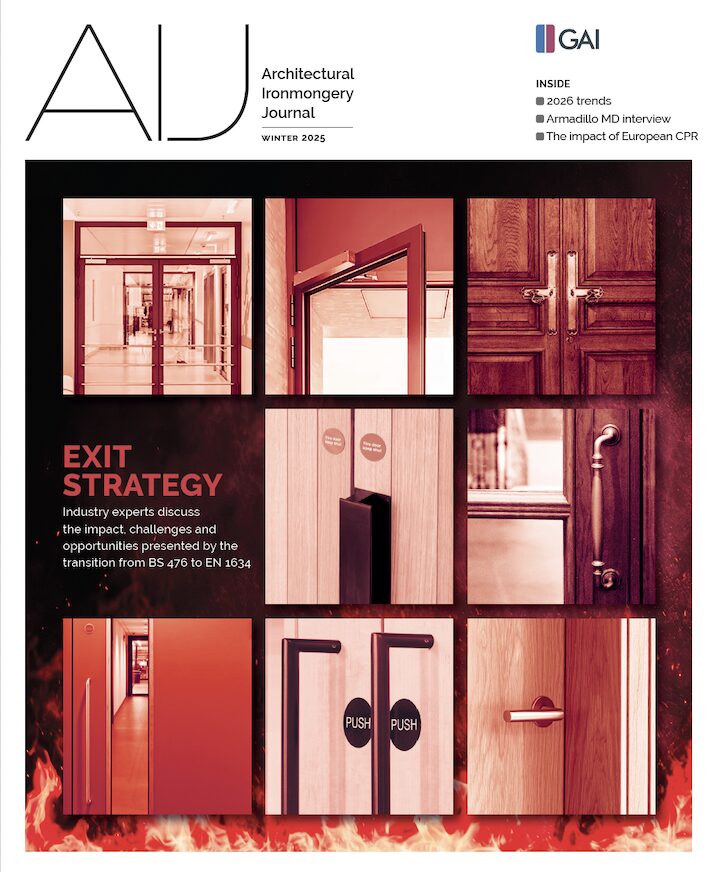
Trade associations have never been more important in the built environment sector. Here are just 10 of the reasons why associations – and association membership – makes sense for every business.
In the built environment sector the role of trade associations has never been more important. The shifting sands of legislation and the need for demonstrable competency means having a single voice that can impart influence and raise the bar of best practice on behalf of an entire sector is critical.
The Trade Association Forum puts it this way: “Trade Associations build industry consensus and drive up standards. They are the industry leaders, technical experts and the fearless champions of their sector.”
Of the GAI ‘s role, chief executive Simon Forrester says: “The GAI supports, assures and represents the companies and individuals in this sector, and delivers the only learning programme that leads to qualifications in architectural ironmongery to British and European standards.
“We also have a long history of effective lobbying on behalf of our members’ interests, and offer huge member value through our benefits and services packages. By doing all this, the Guild is contributing to the growth and success of all our member businesses.”
- Advocacy and Representation:
Trade associations serve as the voice of their industry, advocating for their members’ interests with governments, policymakers, and regulatory bodies. They lobby for favourable regulations, laws, and policies that benefit the industry.
2. Networking Opportunities:
They provide platforms for networking, allowing members to connect with industry peers, share knowledge, exchange ideas, and establish business relationships. These connections often lead to collaborations, partnerships, and business opportunities. The GAI, for example, has a network of regional Community Hubs at the heart of its membership and community strategy.
3. Technical resources:
Trade associations offer access to industry-specific technical information, research, and resources. This knowledge can be invaluable for making informed decisions and staying updated on the latest developments in the field. Supporting the GAI’s website Knowledge Base and regular email updates is a unique technical hotline which answers hundreds of specific queries for members every year.
4. Education and Training:
Many associations offer training programs, workshops, seminars, and conferences designed to educate members on industry best practices, new technologies, and skill development. This continuous learning is crucial for professional growth and staying competitive. Last year the GAI trained 369 students from 23 countries on its education programme; delivered its 100th webinar and ran 55 CPD sessions.
5. Standardisation and Best Practices:
They often set industry standards and best practices, ensuring that members adhere to common guidelines, which can enhance product quality, consumer safety, and industry reputation. The GAI is at the forefront of the industry’s response to the competence agenda, such as through the recent revisions of its CPD programme, and the expansion of the GAI Registered Professionals scheme to include new specialisms in door system, electric hardware and access control.

6. Cost Savings
Trade associations can negotiate group discounts on essential services such as insurance, legal counsel, or other business-related needs, providing cost savings to their members. GAI services include energy and sustainability consultancy, and business support covering HR, taxation, legal and health & safety matters.
7. Industry Promotion
They work to promote the industry as a whole, raising public awareness about its importance, innovations, and contributions to society and the economy. The GAI works extensively with specifiers to raise awareness of professional competency and the role of the GAI Registered Professional, and is currently planning work in the education sector to encourage more young people into the industry.
8. Crisis management and support
In times of crisis or industry-specific challenges, trade associations can provide support, guidance, and a collective response to address these issues. 2023, for example, saw the GAI mount an effective response to UK Government proposals for fire door testing, arguing that while there was no evidence to suggest that the changes would make fire doors any safer, they would cause significant damage to the UK’s world-class architectural ironmongery industry and problems throughout the design and construction sectors.
9. Standards and regulation
Trade associations inject both technical expertise and real-world experience into the development of new product standards and regulation. In the past 12 months alone, the GAI has represented the industry on 10 International and European Committees (including ISO and CEN), as well as 24 BSI committees).
10. Market information and international opportunities
Associations can assist members in understanding existing markets and access new ones, with market intelligence, research, export initiatives and trade missions. As a member of the Construction Products Association, for example, the GAI provides members with access to vital state of trade reports and construction industry forecasts.








